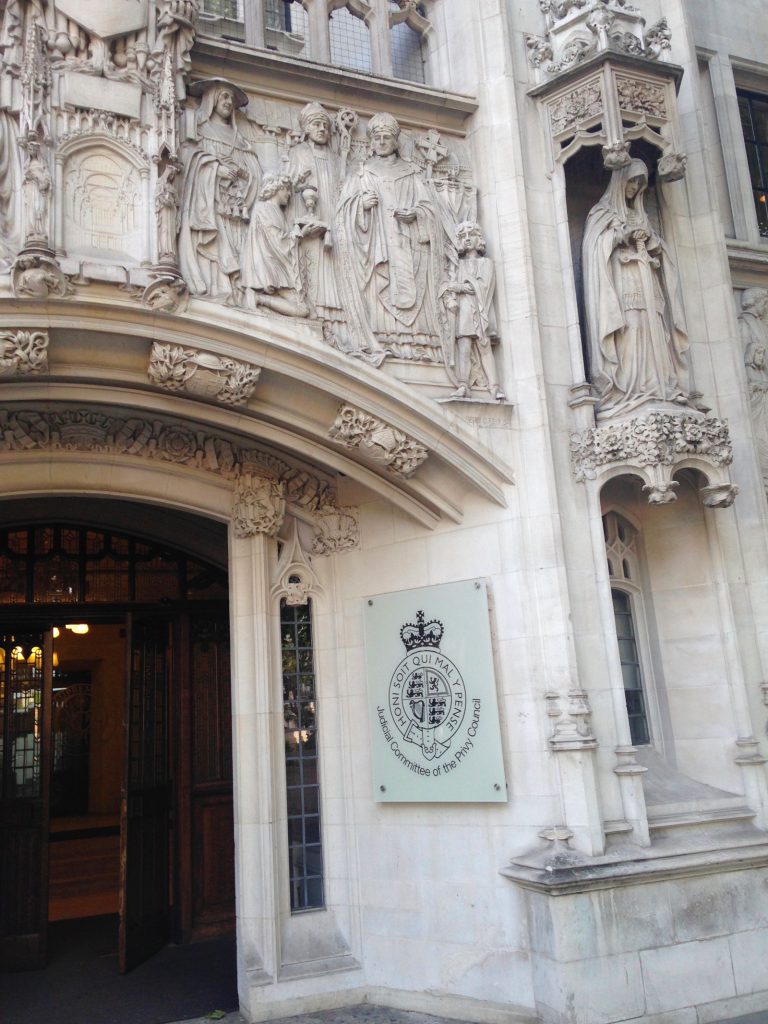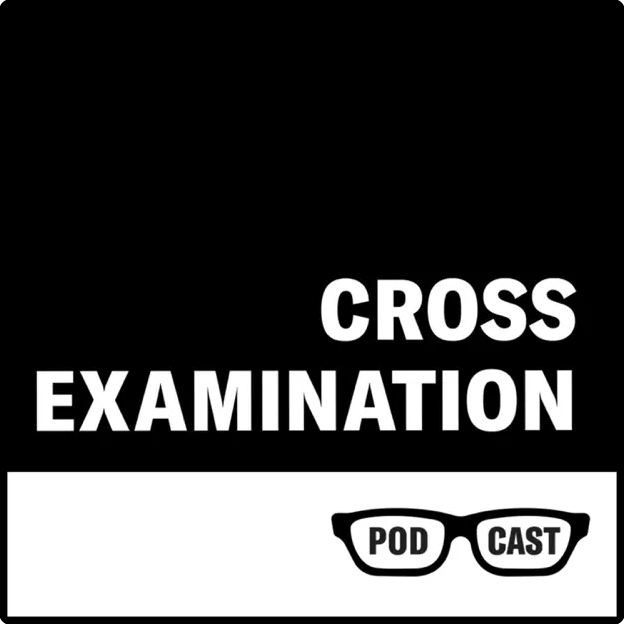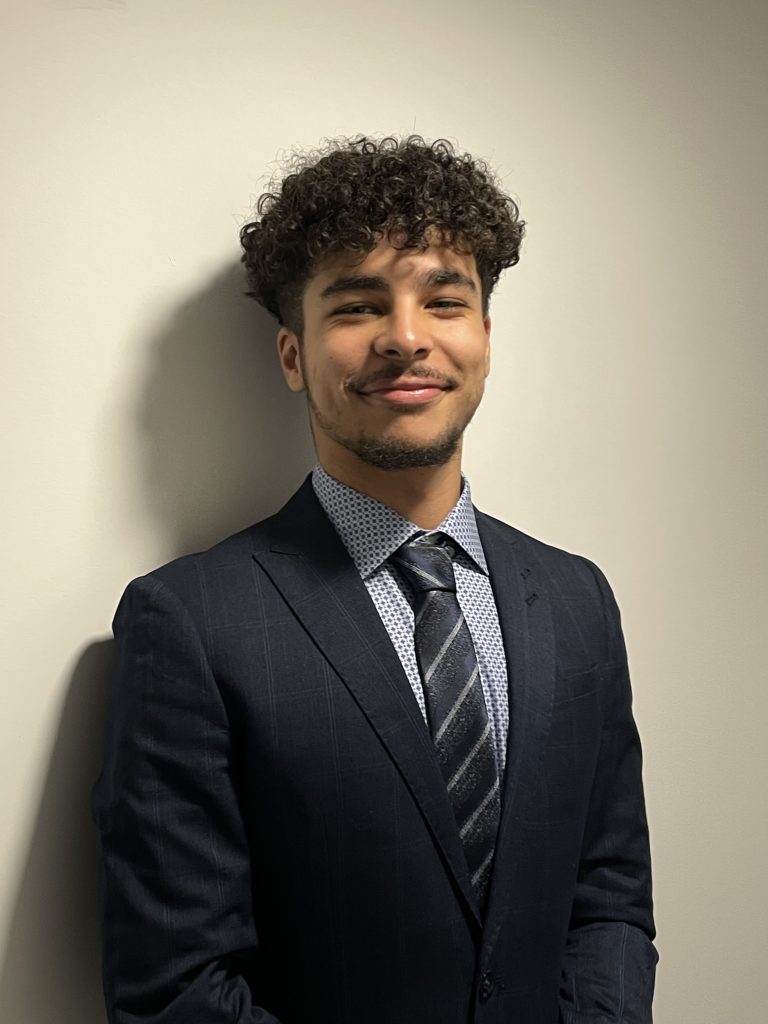Interview with barrister Tom Cross: Public law practice and podcasts
LLB3 student Nouh El-Ouaz had the recent pleasure of speaking to Tom Cross, a highly ranked barrister at 11KBW, about his background, practice, and ‘Cross Examination’, his (brilliant) new podcast.
Early Career

In answering the well-worn questions of why the Bar and how his journey led to 11KBW, Cross explains that he originally intended to pursue a career as an academic in either French or Spanish. Wanting to ‘help people in a more practical and direct way than the, admittedly important, work of an academic does’, Cross diverted focus to the law. He felt it would combine a number of the things he would enjoy while utilising his argumentation, writing, and public speaking skills. The Bar, he jokes, was a way to pursue the law while doing something different from his solicitor father. After completing the CPE and vocational training for the Bar at City, Cross began his pupillage at a set specialising in Public and Planning Law.
As an aspiring barrister, I was interested in Cross’ perspective on the challenges of securing pupillage and maintaining a career at the Bar, particularly for individuals from underrepresented groups. His answer was simple: visibility. The burden of visibility, he clarifies, cannot rest solely on individuals from the underrepresented groups. Those from overrepresented groups also have the responsibility to ensure visibility. He highlights, however, that different groups pose different problems. For example, the issues of sex are ones of retention rather than recruitment, a problem which may not be shared by racial representation.
Asked to give concise retrospective advice to himself after securing pupillage, Cross suggests ‘remember[ing] that your career is a long time’. More broadly:
‘… if you find yourself having a start to your career at the Bar which is not everything you had hoped for, that does not mean that you must give it up nor stick it out. The law is multiheaded and offers opportunities to do different things in a very wide range of subject matter. If you are attracted to the law at all, you will likely find something; maybe not immediately, but you will find something. Persistence can be everything.’
This reflects Cross’ experience with his first Chambers, although he clarifies the time was ‘wonderful’. The forum and practice of Planning Law provided a ‘very different experience to being in court and I did not find it quite as factually interesting as other areas’.

As such, Cross joined the first group of judicial assistants to the Supreme Court after his first year of tenancy. He outlines that his unique position in the first cohort offered him the opportunity to witness the administrative and operational development of the court. As a new court, ‘its perception in the eyes of the public was just as important as its decisions’. Cross still recommends the experience ‘unhesitatingly’ considering its potential for exposure to a broad range of factual areas, different advocacy styles, and the opportunity to interact with judges at the apex of the profession on a human level.
He suggests marshalling for similar reasons, recalling his experience shadowing (as she was then) Mrs Justice Black. Cross reiterates the importance of factual interests. An aspiring barrister with interests in the facts of an area is ‘onto a winner’ considering his perspective that, generally, ‘law is law’ and is applied in much the same way.
Practice
Addressing my question on technological developments in his practice since moving to 11KBW in 2010 after his judicial assistantship, Cross first explains that the court process in the Administrative Court has not changed substantially. Judges commonly still work from paper, although Cross uses the polarity between his last two trials to highlight that it can be (‘occasionally frustratingly’) difficult to predict whether a judge will want references to electronic bundles or bundle and tab numbers in paper bundles. This dance between pixel and paper adds to the adaptability already needed for a career at the Bar.
He then describes that, substantively, disputes in areas such as Data Protection and Media Law have been changed by advancements in technology. He queries whether the law is keeping pace, or can keep pace at all, with technology in those areas. Cross also suggests that areas such as discrimination and AI pose new problems in the arena of Public Law and private disputes. For more insights into the latter issue, I highly recommend listening to episode one of ‘Cross Examination’.
Cross’ current practice in Public and Education Law stems from his interests in policy and his background. He clarifies that he has not been particularly political at any point; however, he is interested in the delineation of interests which policy highlights.
‘Policy often throws up the question of how people want to arrange themselves in society. It highlights what people have in common as well as what divides them. While policies are not rules, they are a good way of thinking about rules and the best approaches for us commonly to take as a society.’
The great importance he places on the work of educational institutions defines his Education Law practice. Cross explains how a family history in education and his experience as a Visiting Lecturer at City may have further influenced his interest in the area. At their core, Cross suggests some commonality between teachers and barristers. They require one to break things down and explain them to an audience. He also recounts a conversation with the actress Patricia Routledge, who observed that her siblings (a barrister and a vicar) essentially worked the same job as her. Cross will have to forgive me for the blank stare at the mention of Routledge’s name in our interview; I have since become more familiar with Mrs Bouquet.
Podcast
Cross suggests that he may have a didactic part of him, a part which ‘Cross Examination’ newly satisfies. He attributes his motivations for starting the podcast to the gap between legal language and public understanding of the law.

‘One of the features of becoming a lawyer and practising is that you become trained in (and might have difficulty getting out of) the language which is associated with legal argument and writing. Only when speaking to non-lawyers are practitioners reminded about how impenetrable that legal language can be. The legal profession could do better as a whole at explaining the law and the functioning of the legal system in a way which uses ordinary language.’
Cross indicates that, to simplify legal concepts, the inaccessible language must first be identified. From there, the complex substantive law can be broken down and communicated more easily. Cross admits this is easier said than done, but he affirms that difficulty is not a reason to not try. As a listener who has recommended it to family and friends, I can personally attest that the format of the podcast also aids in communication. It combines the expert legal opinion of individuals at the top of their field and the real-life experience of non-lawyers into podcasts of around 35 minutes.
Cross explains that, in the face of shorter forms of media, ‘the length of an episode is designed to mean that enough of very large topics are sufficiently explored for people to feel that they have got into the topic meaningfully and in a way that they can move on to the next episode if they find it more interesting’.

I cannot recommend it enough to (aspiring) lawyers and laypeople alike. With a breadth of topics broken down into simpler terms, it absolutely fulfils its goal of enhancing legal literacy and fosters accessible legal discussion. Those who are interested can find the podcast on all major streaming platforms, including Apple Podcasts and Spotify.
Nouh is a final year undergraduate LLB student at The City Law School and an aspiring barrister looking to practice in Public, Human Rights, and Media Law. Nouh is currently serving as the President of the Pro Bono Society and an Article Editor at the City Law Review. Outside the legal realm, he enjoys music, basketball, and (most of all) spending time with family.
